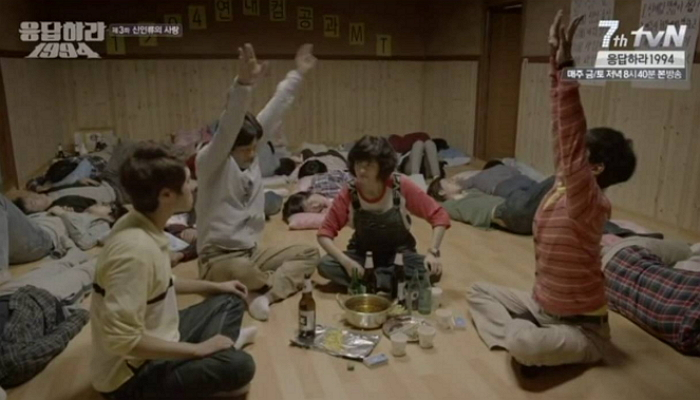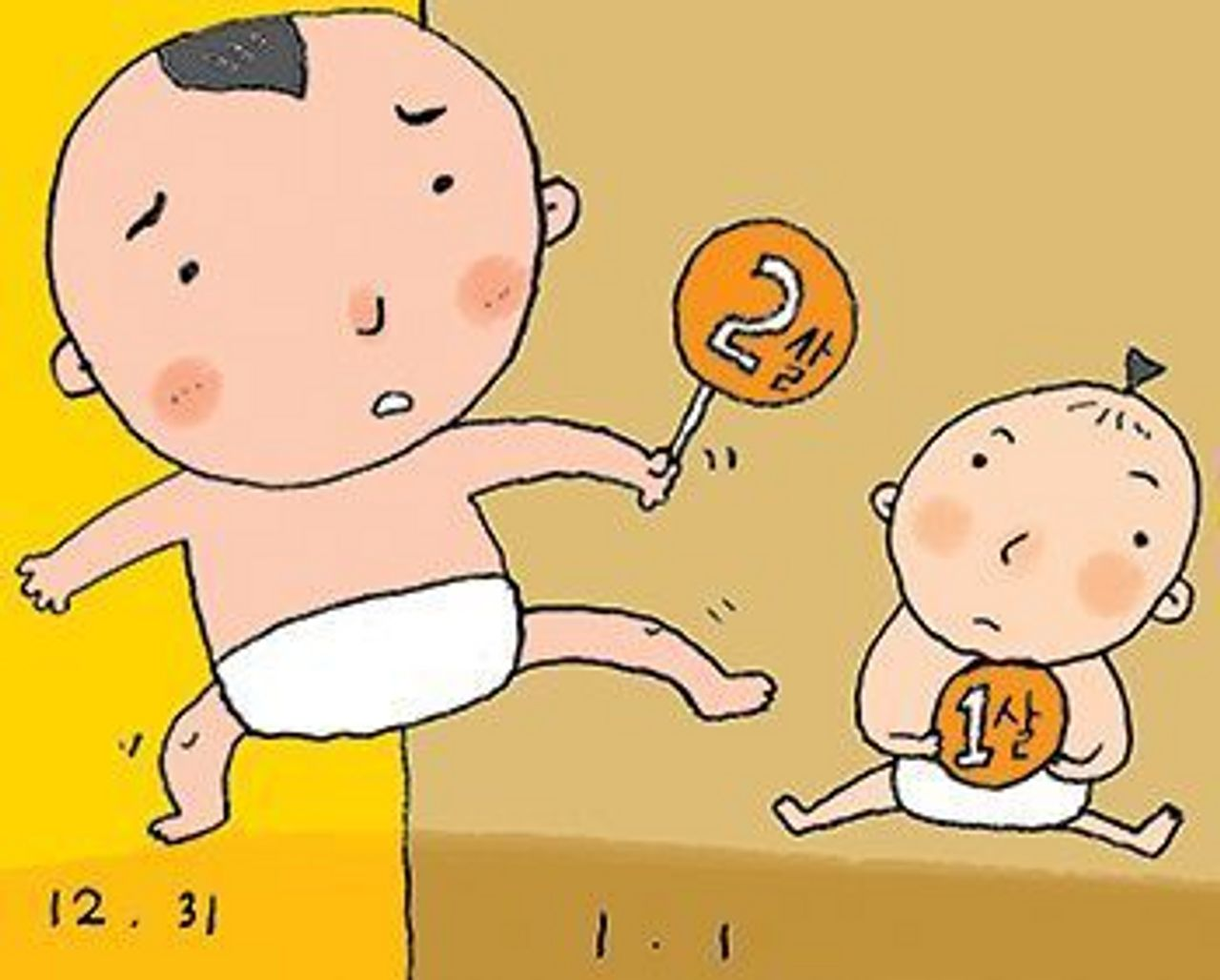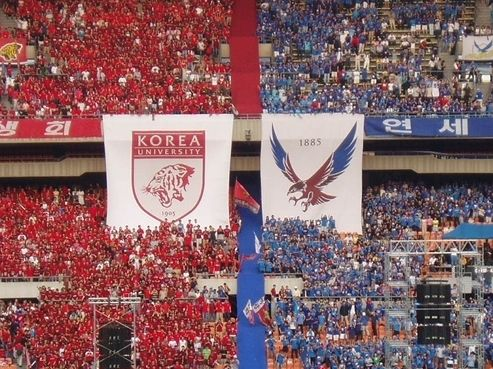This time of year (September) is when Korean college students are gearing up for their second semester. Many other countries start their first semesters this month, but most schools start in February here.
A lot of people are curious about what life is like for college students in Korea. What is the significance of school celebrations, MTs, nightlife and even letterman jackets worn by college students?
Let's find out below!
The University Jacket

When you come to Korea, you will see college students walking along the road wearing their school letterman jackets. In a way, that is their school uniform and almost every school will make them for the students to represent their university.
In the past, attending university was something only the privileged few could afford. So they bought university letterman jackets to display their status.
Nowadays, most Koreans attend university, but the proliferation of university letterman jackets remains.
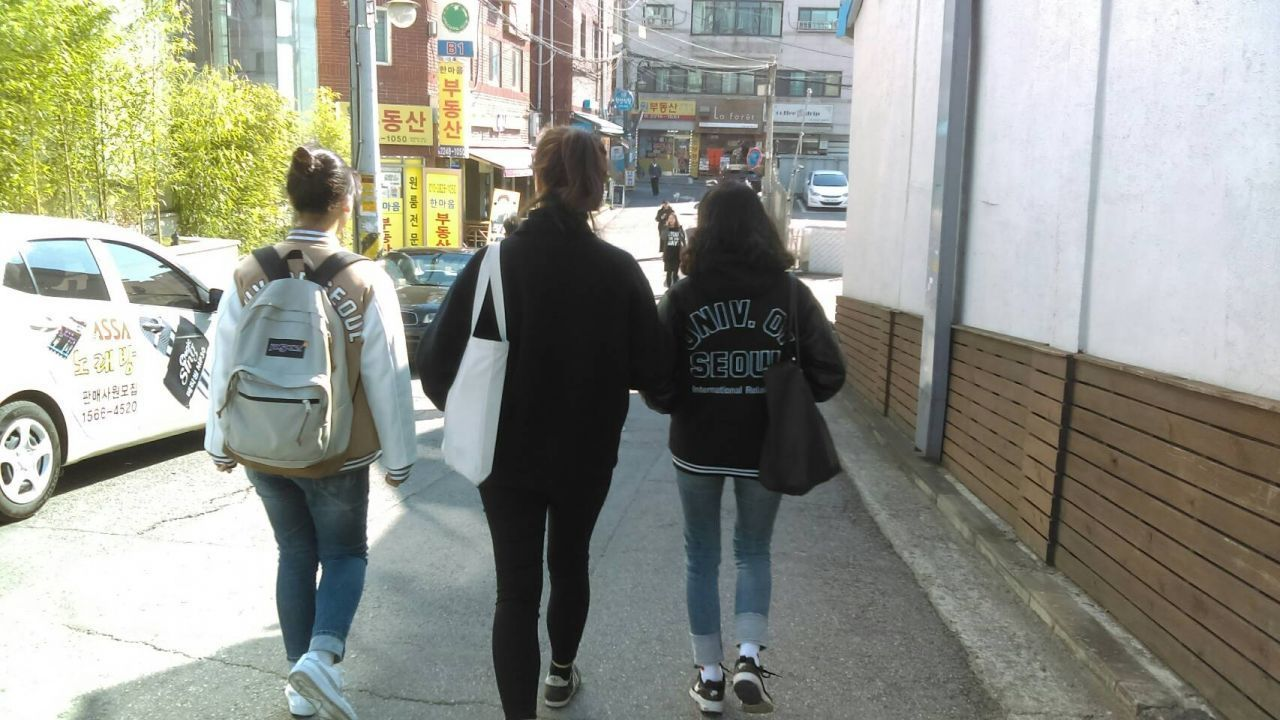
Koreans have a strong sense of unity and solidarity, both as a nation and in their own groups. Wearing their university jackets is a form of establishing their position as part of the group and showing pride and support during inter-school competitions.
Beyond all that, it's also a fashionable clothing item that complements any outfit, so people can be seen wearing them long after they've finished school.
It's a simple way for those attending elite universities to brag about their attendance to Korea's most prestigious universities. But people from all universities wear them, regardless of ranking of the institution.
The numbers on the sleeves signify the year that the student entered the university. It can be a way to identify fellow classmates. However, some men who have to leave university to serve their 2 years of mandatory military service can be reluctant to display this information as it might look like they have been stuck for a long time without graduating.
Because of this, in recent years students have stopped adding numbers and only put their names on the jackets.
Average Age Of Graduation
A unique and controversial aspect of being a man in Korea is the mandatory military service.
Korean males have to serve their 2 years of military service before the age of 28, and most men choose to graduate high school, start university, then leave to do their service. They then have to return to the university to finish their remaining semesters.
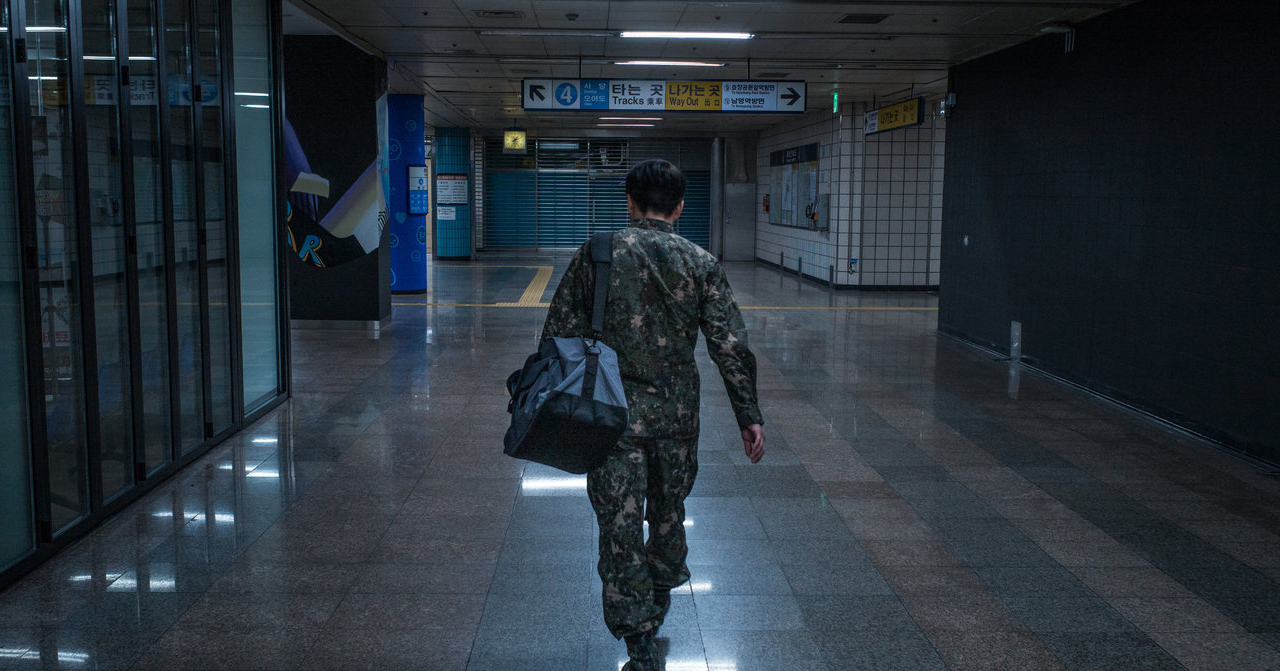
During the final year or two of college, most students take on internships or begin networking for their future job prospects. It would be extremely detrimental to take on these roles and then abruptly leave to do the military service.
This is why most men choose to do it during school and save the pivotal semesters for after they've finished their service.

Due to this obligation, most men don't graduate until they're 26 or 27 years old. So, the numbers on their letterman jacket don't exactly line up with what you'd expect when you meet them.
Freshman Culture
In Korea freshman are called Saenaegi (새내기), or "new students" basically.
Unfortunately, due to COVID-19, students have not been able to enjoy or experience this culture.
With the hope that soon things will go back to some type of normal, I will introduce you to how freshman had fun in college before the pandemic began.
Orientation (OT) & Saeteo (New Student Learning Center)
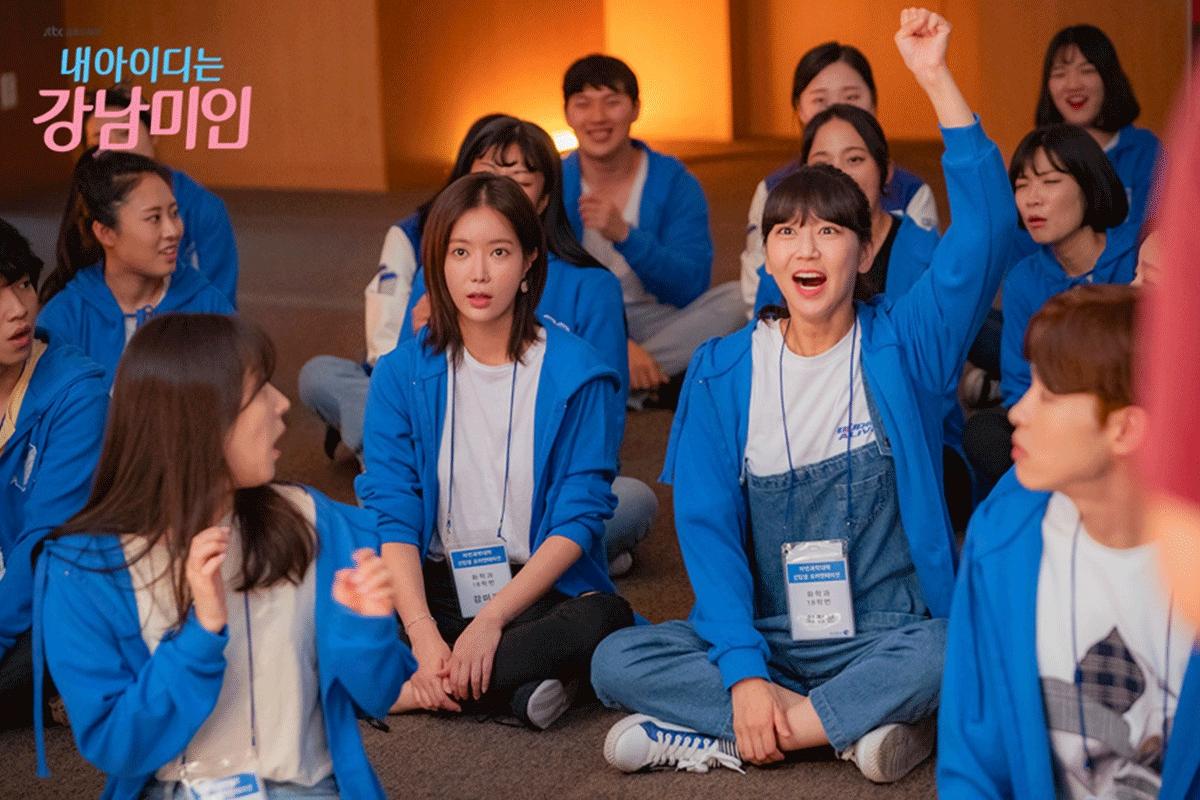
In mid-February after entering college, new students participate in a large event called orientation (OT) or Saeteo (Freshman Learning Center).
Most freshman participate in this event, and some second and third year students, as well as professors also attend so that new students can meet different people.
Since the number of students participating is so large, they go to large resorts and the schedule lasts for two to three days. On the first day, the freshmen talk to the professors and seniors, listen to advice on future school life and department studies, play various games, and make friends with those in the same field of study.
 Source: 불교공뉴스
Source: 불교공뉴스
After dinner, you can feel a lot of pride in your school watching performances prepared by various university clubs and cheer team.

On the last night of OT students play drinking games and eat snacks together to get to know one another better. I also had fun drinking till 4 am.
Until recently, there were accidents in which students who could not drink a lot were forced to drink more than they could handle and died. In Korea it is customary to not refuse a drink when offered by someone older, so the freshmen would feel like they couldn't say no to the senior students.
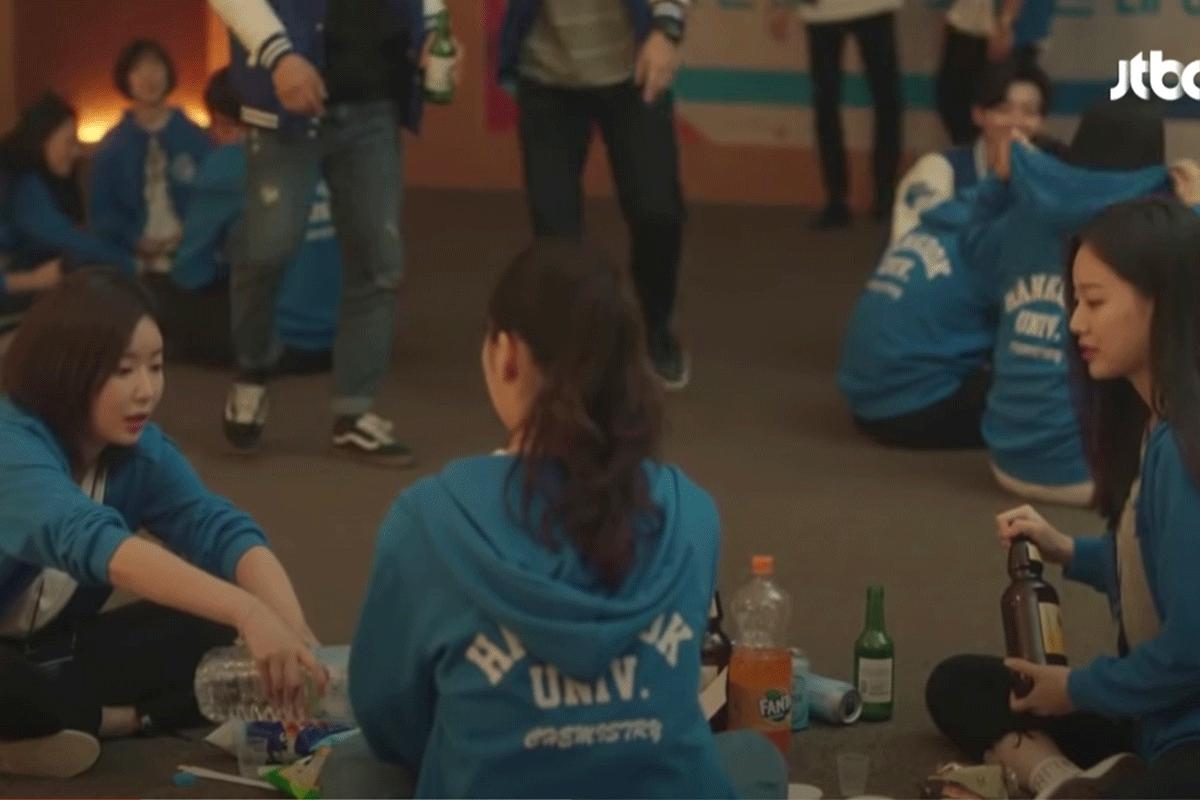
After realizing the seriousness of this problem, students voluntarily changed OT culture and removed the forcible drinking aspect, making it a better environment for everyone to enjoy.
Emphasis was placed on the student's having a choice whether or not to drink without outside pressure.
Thanks to these changes, students who can't drink or don't want to are able to enjoy games with water or soft drinks instead.
Additionally, some senior students volunteer to oversee the drinking parties and have been able to cut down on the sexual harassment issues that can happen when alcohol is involved, overall making the experience better and safer for all.
Bapyak

Intern Jo Jaeeun's March calendar
Now, after the semester begins, students are busy taking classes, but they are also busy getting to know their seniors and peers in their department.
Freshmen don't know the restaurants around the campus yet, so they catch up on something called Bapyak (밥약) with older students.

Bapyak is a shortened version of bap yaksok, which basically means meal appointment and usually refers to making lunch or dinner plans with older students in the same department who they met at OT. Usually the senior will buy the first meal and the junior will get the bill the next month.
Through this process, freshmen get to know a lot of senior students in their department and learn the restaurants in the area.
I got a lot of food from my seniors when I was a freshman, so in April, I bought meals for them and then the following year I bought food for the freshmen that year.
It's a shame that this culture has disappeared due to COVID-19, but I hope it will be able to be picked back up next year.
Chultwi

Even students who studied hard in high school take advantage of the freedom college allows and sometimes skip class.
Students will first check in for attendance, then leave discretely. This is called chultwi (출튀) which means run away.
Students who can afford it will relax on the school lawn or go to the Han River and get food delivered.
April Fool's Day Culture
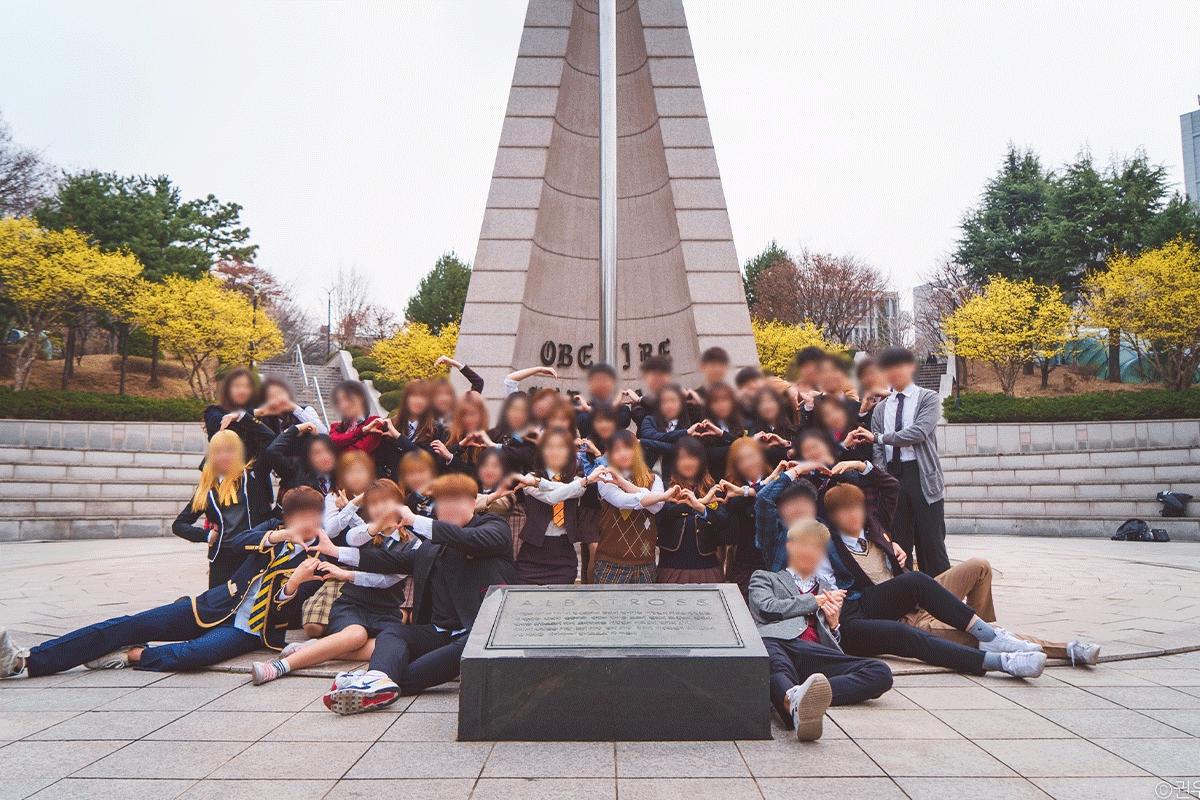 As a typical joke on April 1st, it is customary to come to college in a high school uniform.
As a typical joke on April 1st, it is customary to come to college in a high school uniform.
On this day college students enjoy April Fool's Day culture by taking commemorative photos with their classmates. So on this day you can see students wearing high school uniforms early in the morning on the subway as they commute to college.
Some also go to their old high schools to celebrate wearing a school uniform after a long time.
Of course, though the biggest highlight of the day is to proudly go drinking with friends in school uniforms in the evening.
Meeting Culture
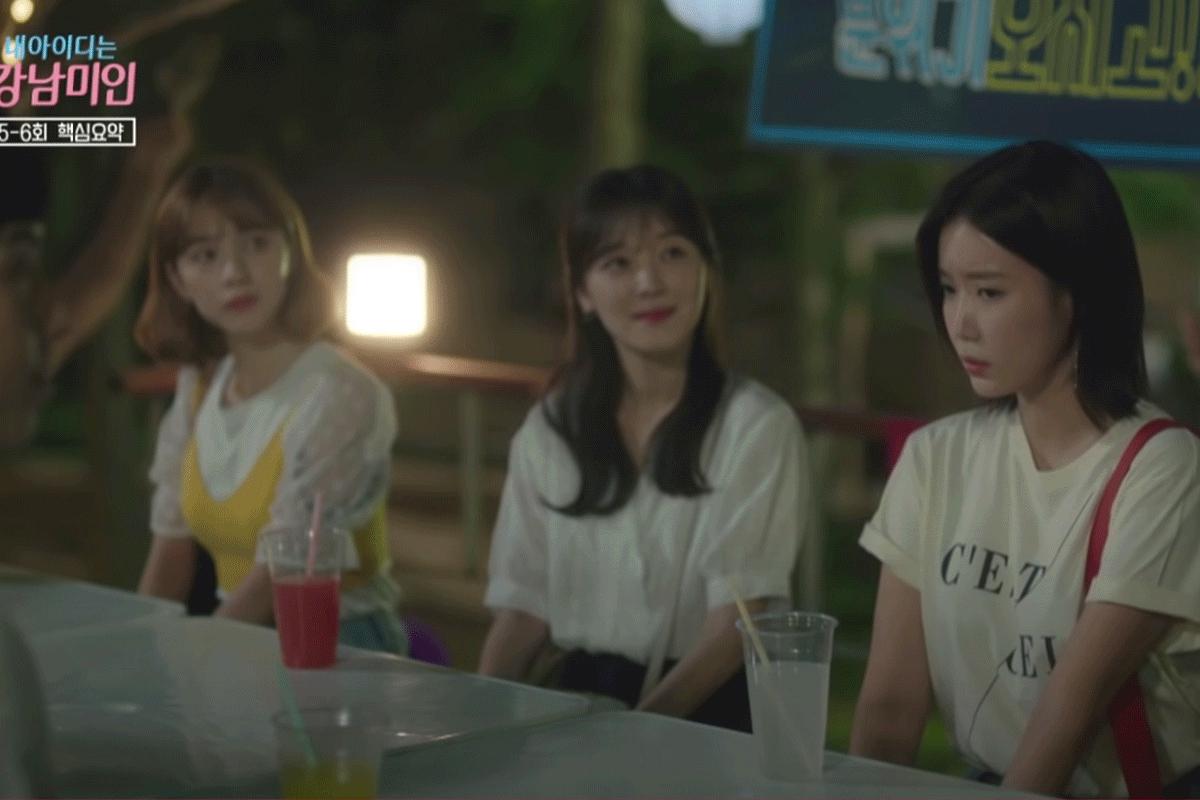
The meeting often called the highlight of college culture, is when groups of three women and three men spend time together at restaurants or bars to get to know each other.
Meetings are usually between students from different schools or students from different departments, so it's a great way to meet new people.
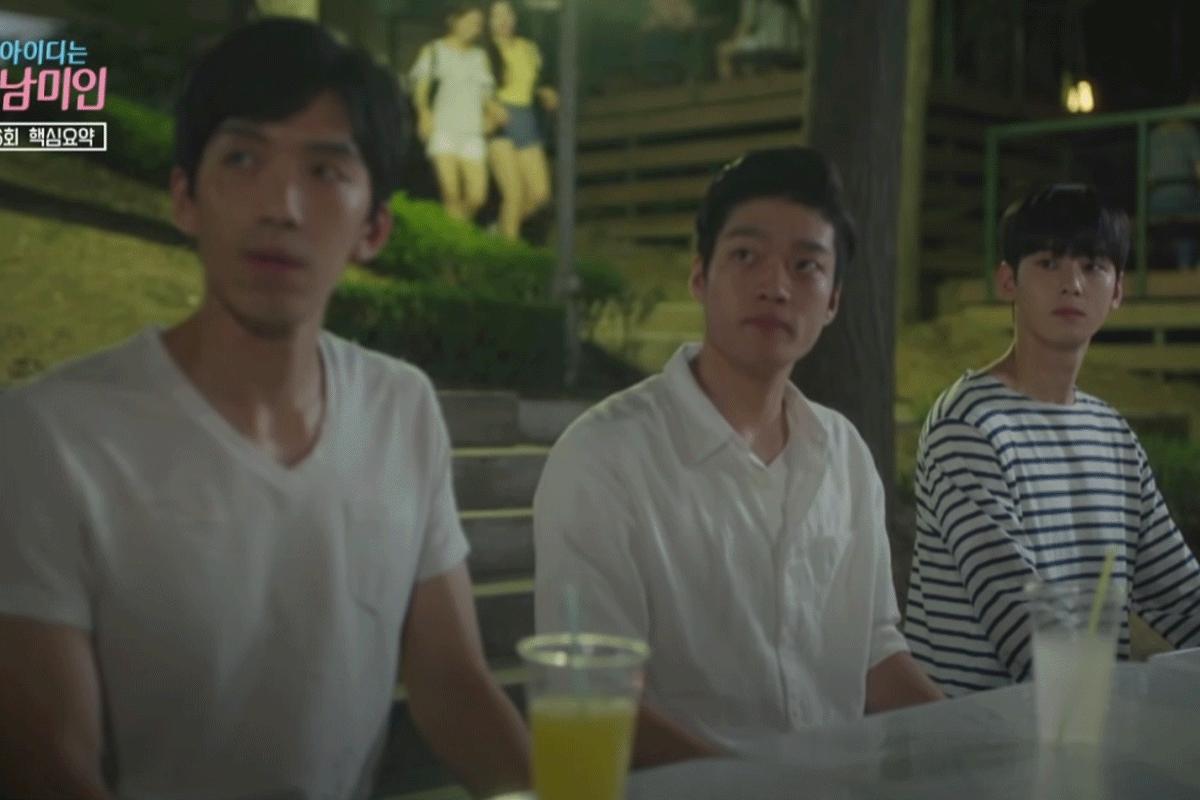
A group chat is used to arrange these meetings. You can send a message saying what university and department and if it's a group of male or female students asking who wants to meet. Interested parties will quickly contact the organizer.
People are selected on a first-come, first-served basis and spots fill up sometimes in less than a minute, especially in March and April.
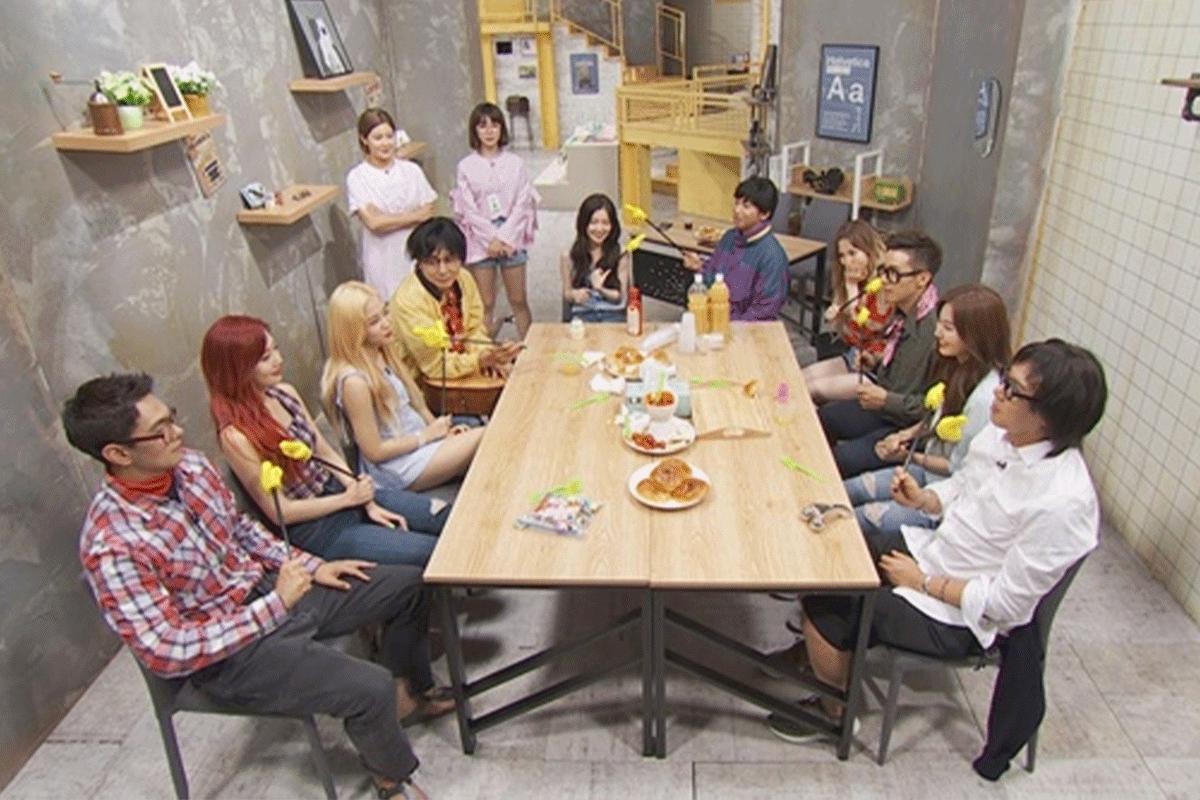
The people who participate in the meeting are awkward at first, but they get closer by exchanging questions and playing drinking games. As a result, there are sometimes instances where students will start dating, but not always.
Some people will go to meetings in hopes of finding romance, but it doesn't happen easily, so they just have to participate in the meeting with the mindset of making new friends.
MT Culture
![Korean University Culture, Letterman jackets? MT? Drinking games? What is it like to attend university in Korea?, korean university party]()
MT is an abbreviation for "membership training."
This applies not only to university life, but the company and other social groups. Koreans build camaraderie through doing activities together such as traveling and having fun.
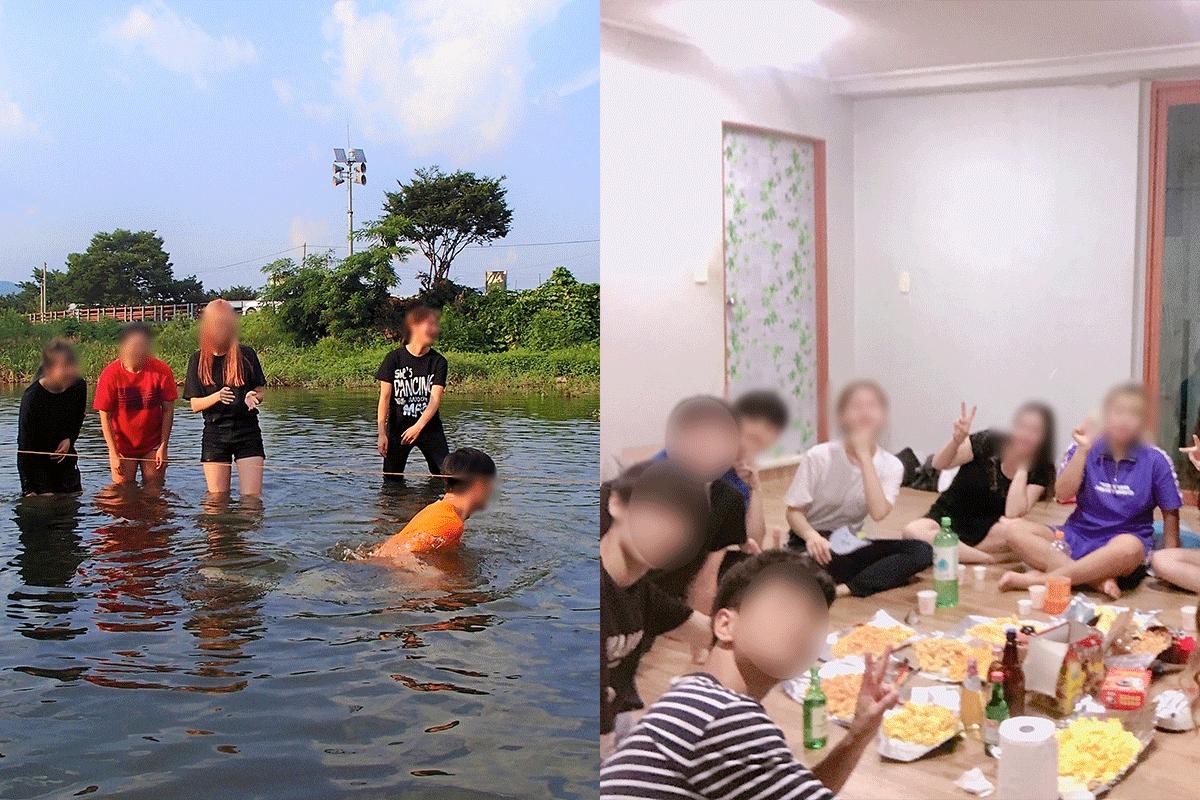
Unlike the OT that the entire school goes to, MT is usually attended by just 10 to 20 people from the same department or club.
Depending on the organization you go to, the time and place vary a lot, but usually, students go to valleys or pensions during vacation to grill meat, drink, and build friendships.
Unlike OT, it's a place where you can get close to people, so it's much more comfortable and easier to relax and have some drinks safely.
Drinking Games
As a freshman, you typically play a lot of drinking games. The older students teach the new ones all kinds of games at OT that are then played at both meetings and MT.
In March and September, when the new semesters start, it's common to see college students playing these games at restaurants around campus.
There are various types of drinking games that have been passed down from older students to younger ones for years, and also new ones introduced in entertainment programs. These are some of the most popular games.
Strawberry Game![Strawberry game]()
When playing the strawberry game, everyone sits in a circle and claps to a special rhythm. When the game begins, the game starter points to one person and shouts one of a total of eight options, from "one strawberry" to "eight strawberries".
The person pointed at must clap and shout strawberries according to the number. For example, if the person who pointed shouts "three strawberries", the one they point at must shout "strawberries" three times in time with the rhythm.
As time goes by, the rhythm speeds up and the beats become more complicated, so the difficulty increases gradually.
Animal Kingdom
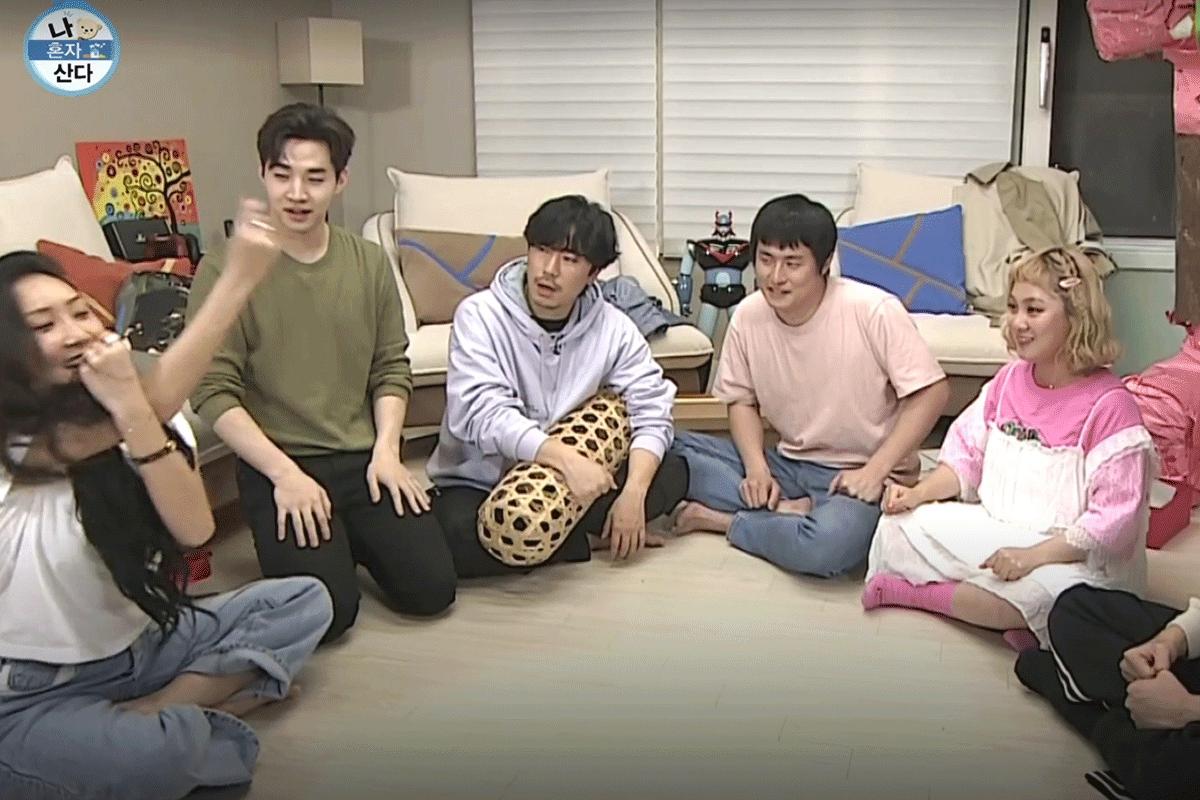
Before starting the game, each player chooses an animal and a motion to go with it. For example, if you chose elephant, you could do something like the motion of en elephant moving its trunk.
When the game begins, the named player does their motion and then calls out the next player who must do the motion and it keeps going like this.
When pointing at another player, you should not just point with your finger, but do the motion of the person you are passing it to. So the more players, the more motions to remember, making it more difficult.
In particular, people who make up unusual motions are easy to remember, so that can be targeted by others. When I was playing Animal Kingdom, I did the motion of worms wriggling, but since it was not a common one, people remembered and I got pointed to a lot by other players.
Record Game
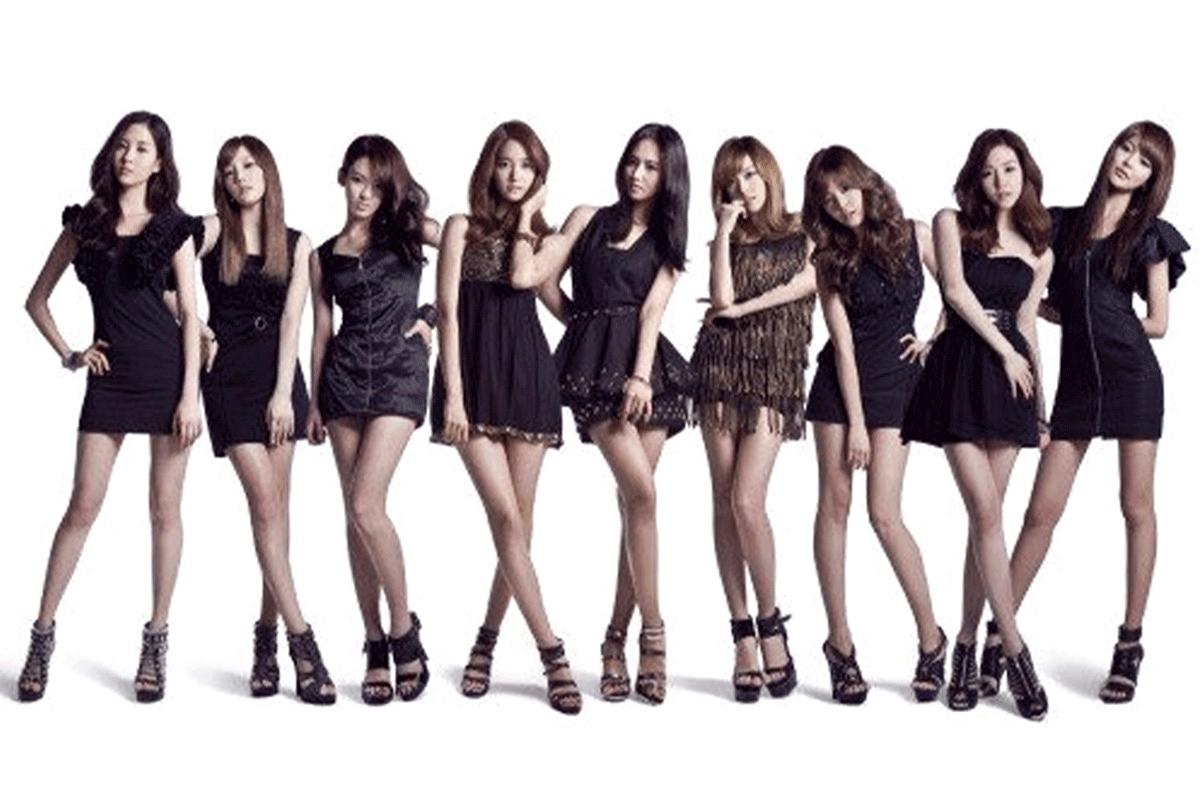
The player who starts the game names a singer or group and the rest of the players take turns singing a song by that group or singer line by line. If it's your turn and you can't think of it, or if you sing something someone else has already song, you will be eliminated.
When I played in 2017, at the beginning of the game, idol groups like BTS, Blackpink, and Twice were named, but eventually, after time had passed, the game was played with the songs of singers we listened to a lot when we were young, such as Girls' Generation, Wonder Girls, and BigBang. So when you play this game it can be a fun way to reminisce.
Hunminjeongeum Game

Koreans use a lot of words and phrases from other languages in everyday life. Various expressions such as "okay", "no", "let's go", etc. should not be used along with any other foreign language while playing Hunminjeongeum. Even borrowed words that have no Korean equivalent like "smartphone" and "TV" are not allowed and instead must be explained in Korean.
The person who suggests the game decides the time limit for the game, which is usually 15 to 30 minutes. During this time you cannot use any foreign words or expressions. If you do, you have to drink.
If you play the record game at the same time it's really difficult because there are so many English words in K-Pop songs!
Korean University Tuition
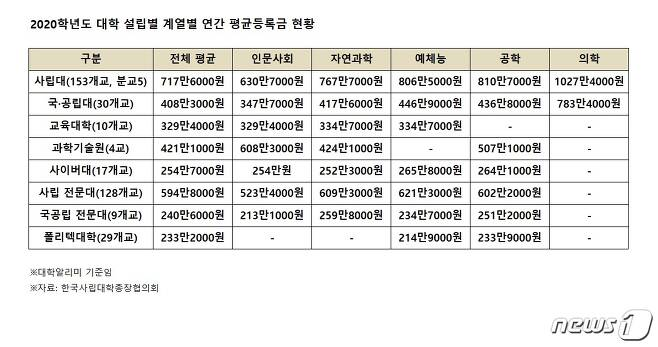
According to a recent survey, the average annual tuition for private universities is as high as 7.17 million won (approx. 6,100 USD) and the average annual tuition for medical departments at private universities is as high as 10.27 million won (approx. 8,800 USD).
Korea's top 3 universities, often referred to as SKY, are comprised of the public Seoul National University, and 2 prestigious (yet expensive) private universities, Korea University and Yonsei University. The first intial of each university name added up together makes the acronym SKY.

Other public and private universities average about 4.08 million won (approx. 3,400 USD) per year, which can be a hefty sum to many students. So not only do several students need to drop out to serve in the military, but many will also drop out due to lack of funds. Many students will take on part-time jobs during their schooling.
Age And Social Status
![Korean University Culture, Letterman jackets? MT? Drinking games? What is it like to attend university in Korea? korean age]()
Korean culture has an interesting aspect regarding age.
Koreans calculate their age as though they are 1 year old from the day that they are born. Then all Koreans turn one year older on the New Years holiday. In this way, someone born on December 31st would be considered one year old at birth, then they would turn 2 years old the very next day!
As a result, Koreans born in January and February are called bbaleun meaning "sooner." They are considered one year older than those born in March to December of the same year. As you might assume, this can create some confusion.
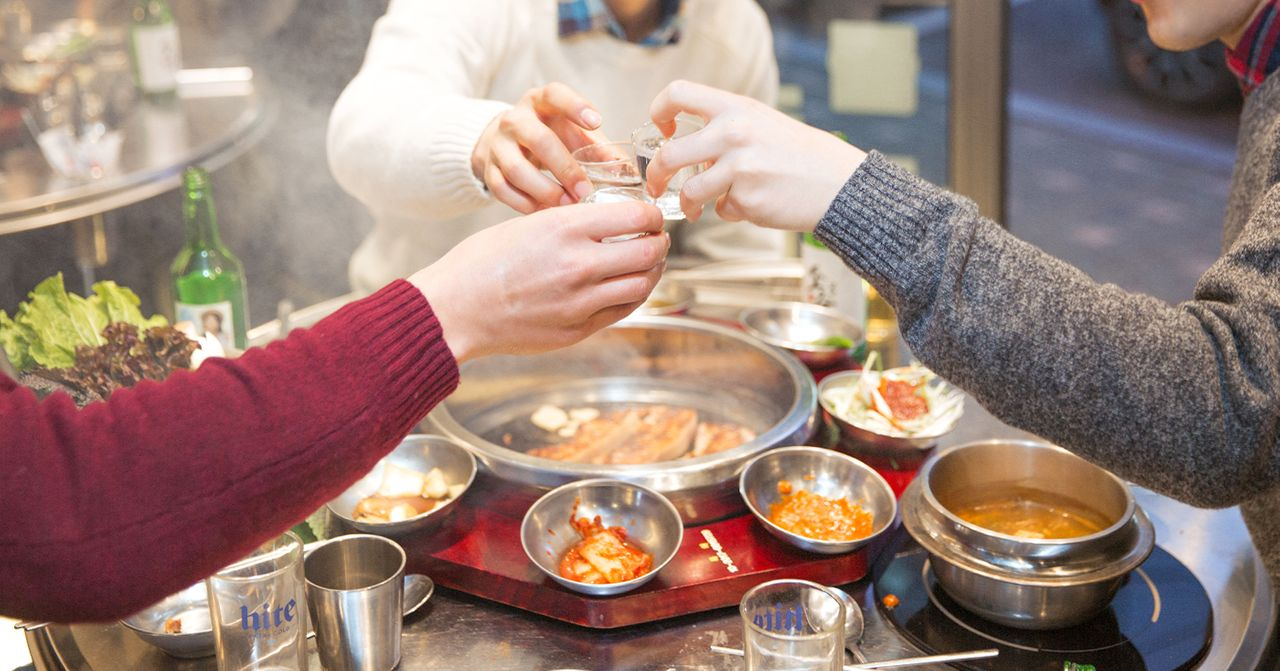
However, due to all the confusion, the Korean government has fazed out its recognition of the bbaleun age difference and made it more uniform for school entry.
University Celebrations
![Korean University Culture, Letterman jackets? MT? Drinking games? What is it like to attend university in Korea?, korean university events, idols, kpop]()
Korean universities throw spectacular celebration events in which they invite famous singers or idol groups to perform for the students. These events might take place around the start of the semester or on a special event like, like a heated game between a cross-city rival. The entire campus joins in the celebration.
Particularly during the opening weeks of the new college year, the student unions and clubs will compete with each other to see who can book the best artist to perform and recruit new students. It's also a time when alumni return to the school and greet old classmates.
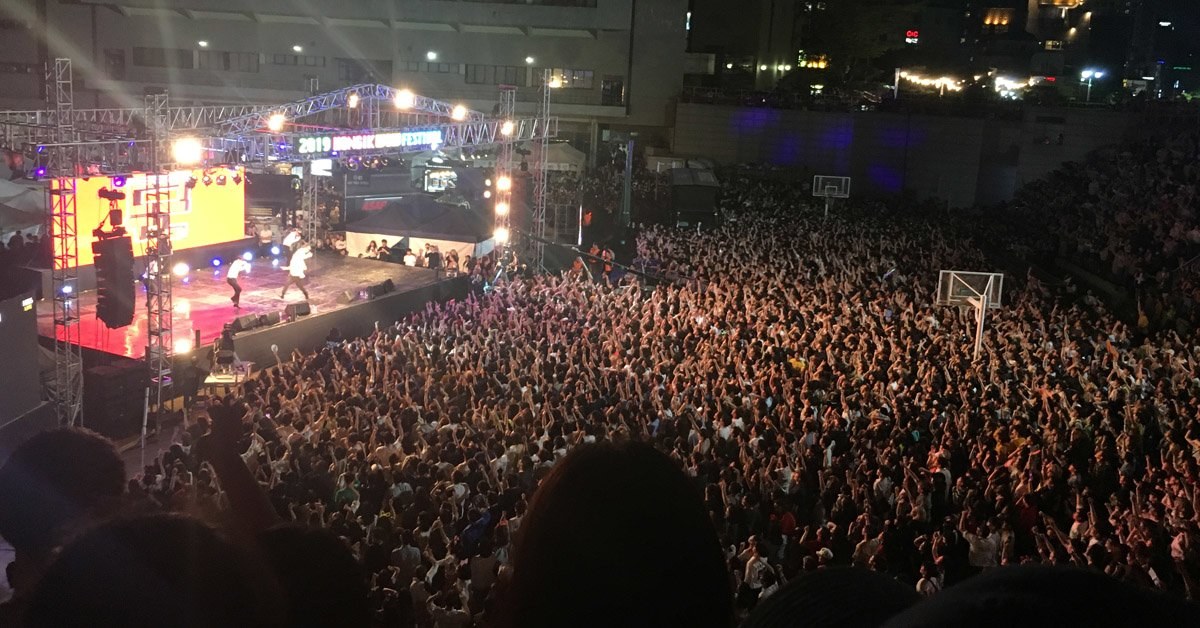
Not only are the student organizations competing with other groups to recruit the most students, but they're also competing with their same organization in previous years.
For example, one year students might say, "We were able to book Psy in 2015, but this year we only got so-and-so." This has caused student organizations to spend ludicrous amounts of money each year in an attempt to outdo their previous effort.
Hopefully, I have satisfied your curiousity in Korean university culture. In reality, it's very similar to what is portrayed in dramas.




